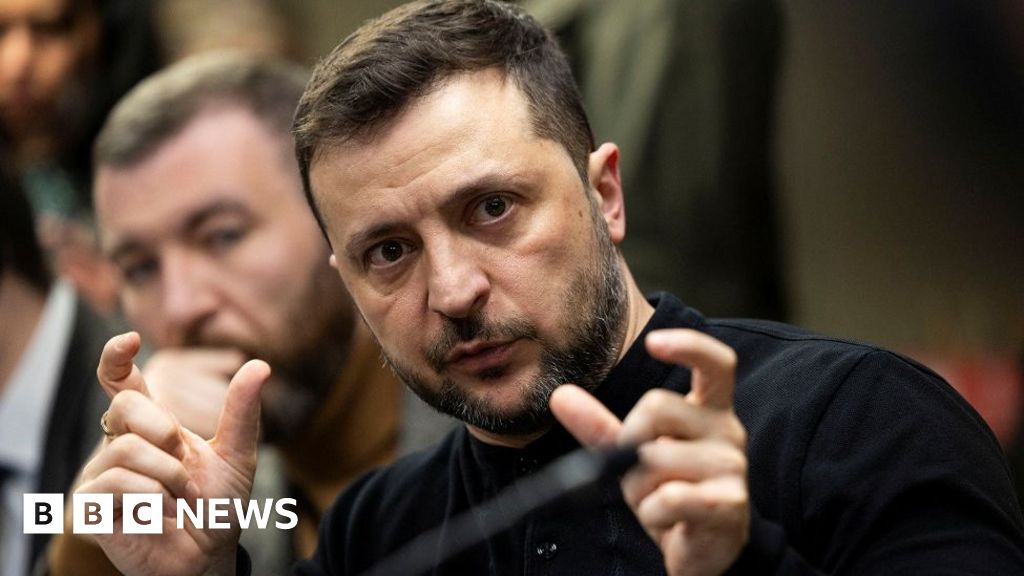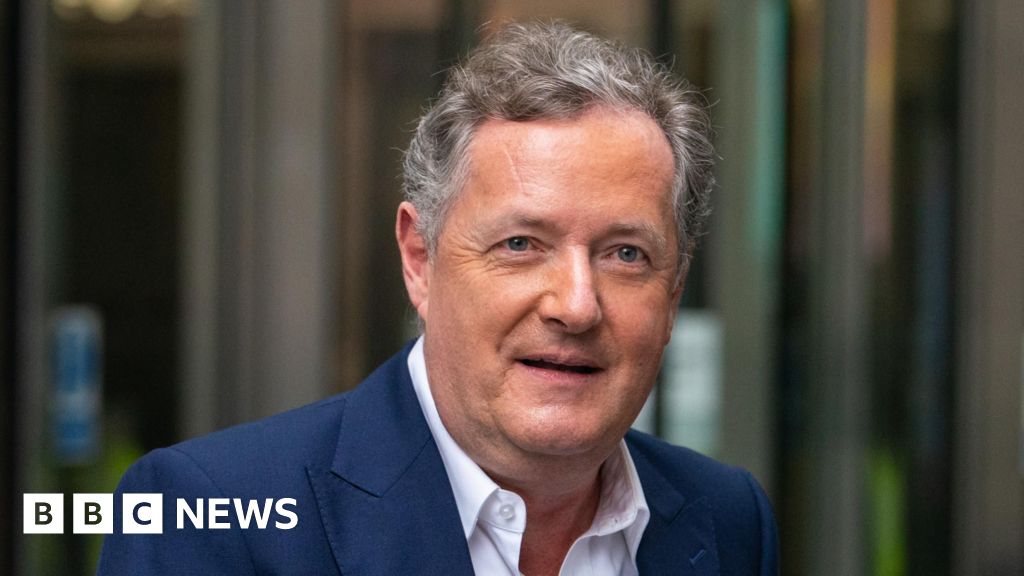
Only 107 of more than 20 000 polling stations were unable to open on Monday for special votes. (Delwyn Verasamy/M&G)
Day one of special voting for the national and provincial elections got off to what the Electoral Commission of South Africa (IEC) described as a “good start”, despite disruption in the Mthatha area.
IEC deputy chief electoral officer Masego Sheburi told journalists on Monday afternoon that by 2pm, more than 200 000 of the 1.6 million registered special votes had been cast at the country’s 22 000 voting stations.
Sheburi said that “factors external to the electoral programme” had prevented the operation of 107 polling stations in the OR Tambo region, because of a taxi strike and resultant violence in the Mthatha area.
A total of 435 polling stations out of 22 626 had experienced delays in opening, but only those affected by the disruptions at Mthatha had been unable to open at all, he said.
“Owing to the good preparations, the commission was able to open the majority of
voting stations in the Eastern Cape, in the face of protests which had nothing to do with
elections,” he said.“The commission continues to work with stakeholders to have them open tomorrow.”
The IEC said 624 593 voters would cast their special votes at home or in places of confinement, while prisoners who had registered would get to participate on 29 May.
Sheburi said the commission believed “good progress” had been made with the process thus far and that the special votes would be stored securely and then added to the ballots cast on Wednesday before counting begins.
The IEC was aware of the disinformation and misinformation taking place on social media, including a video portraying ballots being filled in, he said, adding that the video being circulated was “clearly” not of a South Africa ballot paper.
“We urge voters and candidates to be vigilant of misinformation and disinformation,” he said.
Sheburi said the difficulties the electoral body faced were “not comparable” to the huge number of voting stations and that the number of those with problems was “insignificant”.
Deputy IEC chief executive Mawetu Mosery said 170 organisations had been accredited as election observers, 18 of them international, with both the African Union and South African Development Community missions already on the ground at polling stations.
Mosery said the IEC had met the leaders of the uMkhonto weSizwe party following the breaching of a commission warehouse by its members and had “established rules of engagement” for their conduct.
The matter was still being “processed” by the police and the IEC as to whether a criminal case would follow.
Mosery said the IEC “responds reluctantly” to complaints by the MK party over the presence of its founder — Jabulani Khumalo — at the results operations centre (ROC) last week despite his expulsion from the party.
“We cannot always be speaking about one political party amongst the 70 plus parties that are contesting these elections,” Mosery said.
He said members of the public were allowed to enter the results operations centre on day passes in limited numbers and Khumalo had been present at the centre in terms of this arrangement.
 (1).png)
 9 months ago
39
9 months ago
39


















